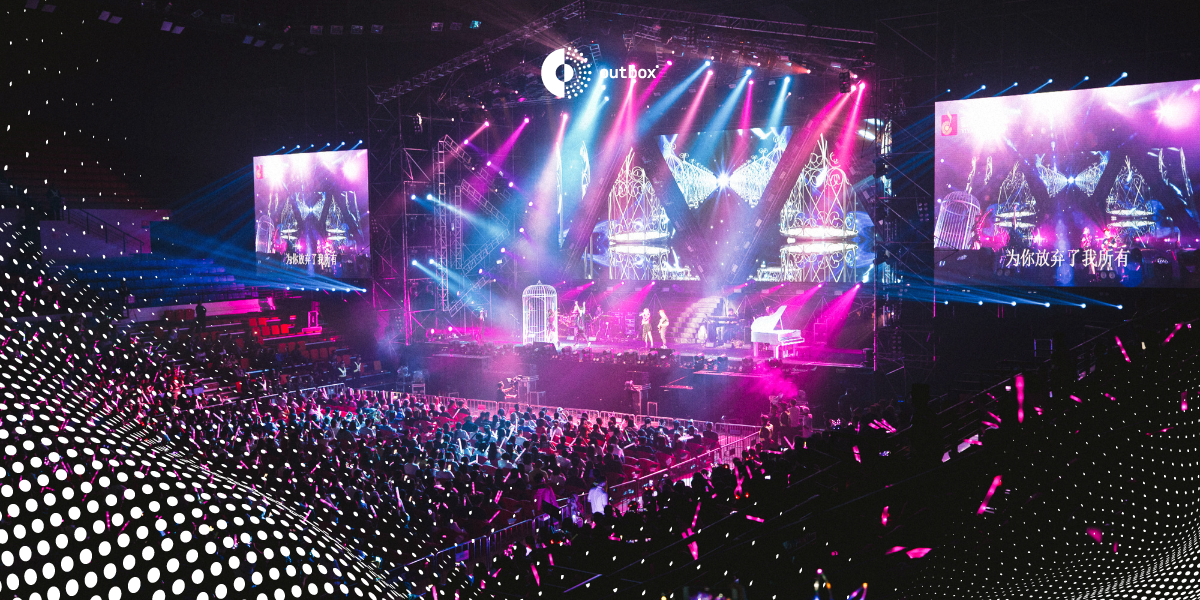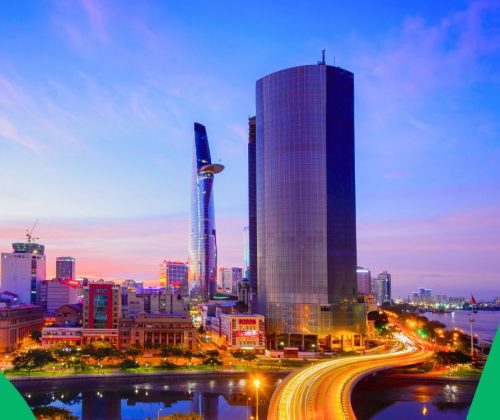In Singapore, a back-of-the-envelope calculation shows that around S$91 million will be spent on tickets alone for Taylor Swift’s concerts over six nights. This is based on the median price of S$228 (ticket prices range from S$108 to S$348) and on the assumption that some 400,000 people will attend the concerts.
 Not only that, but the local tourism sector also stands to get a booster shot from Coldplay concert in January and Jacky Cheung concert in July 2023. The concerts are likely to have a positive impact on the economy overall. They will generate revenue for hotels, restaurants, and other businesses, and they will also create jobs. In addition, the concerts will help to raise Singapore’s profile as a cultural destination, which could attract more tourists in the future.
Not only that, but the local tourism sector also stands to get a booster shot from Coldplay concert in January and Jacky Cheung concert in July 2023. The concerts are likely to have a positive impact on the economy overall. They will generate revenue for hotels, restaurants, and other businesses, and they will also create jobs. In addition, the concerts will help to raise Singapore’s profile as a cultural destination, which could attract more tourists in the future.
On the other hand, the impact of the concerts will depend on a number of factors, such as the number of tickets sold and the spending habits of fans which might lead to inflation.
A TOURISM BOOST
The concerts will be a boon for tourism, drawing regional fans to Singapore and increasing revenue for the hospitality, F&B, and retail sectors. The concerts are also expected to enhance Singapore’s brand image as a vibrant and exciting city. The Singapore government has long had a vision for the island nation to become Asia’s entertainment and events hub. Since the 2000s, the government has been actively attracting world-renowned singers and performers to tour Singapore. In 2019, Taylor Swift’s concert was even promoted by the country’s top officials.
ECONOMIC GAINS
The economic gains from the concerts are likely to be significant for a short period of time. Data from the Singapore Tourism Board show that the average spend per visitor to Singapore in 2019 was S$1,448 and concertgoers are expected to spend more than that. Fans will spend money on tickets, travel, accommodation, food, and other expenses. This can boost tourism and related sectors, such as hospitality and retail.
INFLATION
There are concerns that the concerts could contribute to inflation. If fans are willing to pay higher prices for goods and services related to the concert, this can drive up prices for everyone. This is especially true for goods and services that are in limited supply, such as hotel rooms,tickets or asserries from to the concert itself.
OTHER DRAWBACKS
In addition to the potential for inflation, hosting large-scale concerts has other potential drawbacks. For example, the concerts could put a strain on manpower resources, such as at the hotels or the securities at the concert. Additionally, the concerts could lead to congestion and other disamenities in the areas around the concert venues.
The upcoming concerts in Singapore are a mixed bag for the economy. On the one hand, they are expected to boost tourism and related sectors. On the other hand, there are concerns about inflation and other potential drawbacks. The overall impact of the concerts will depend on a number of factors, including the extent of local service procurement and ancillary spending by attendees.
Source: Today



